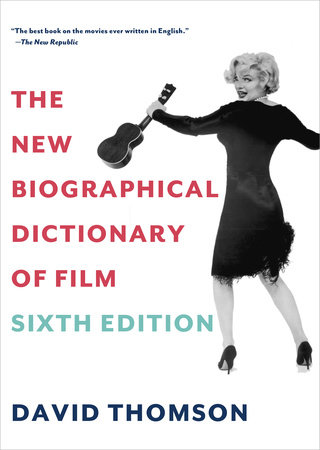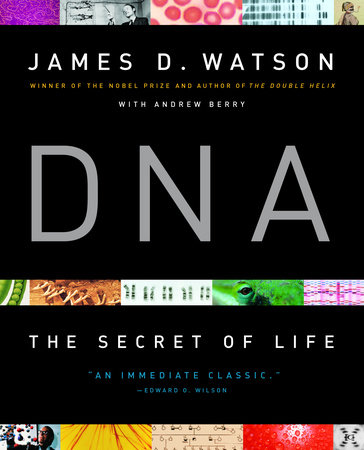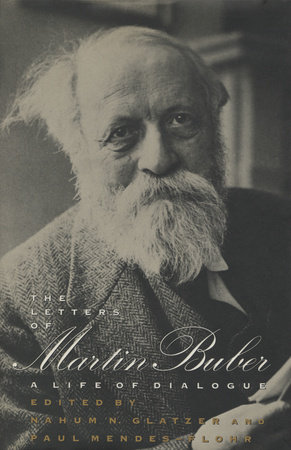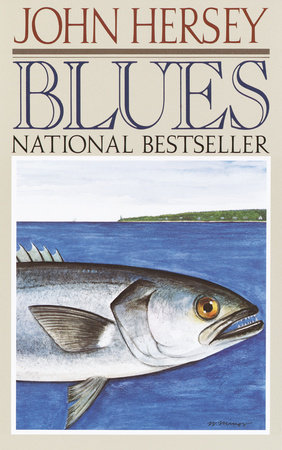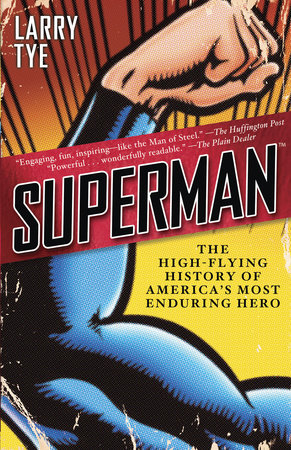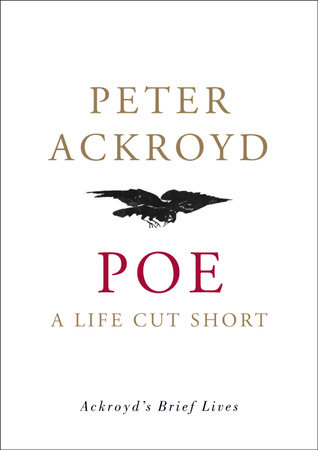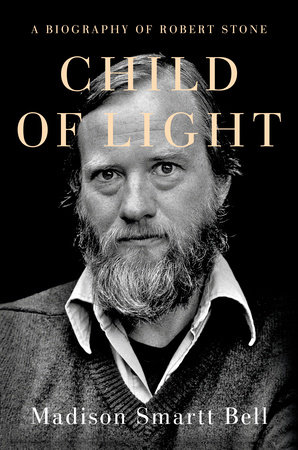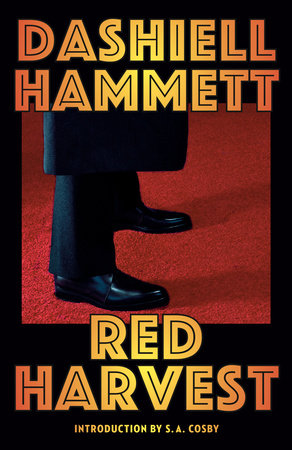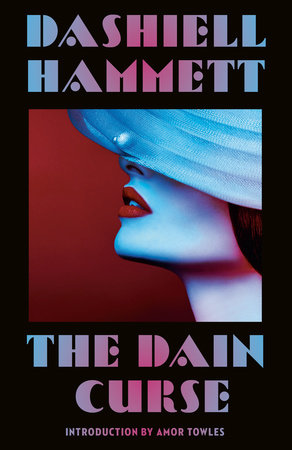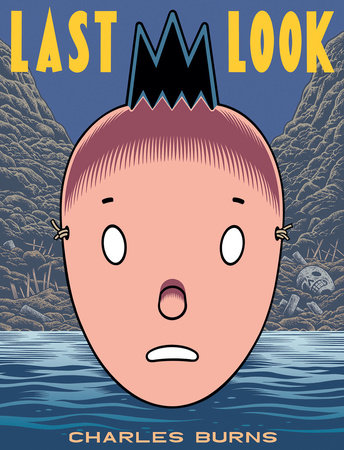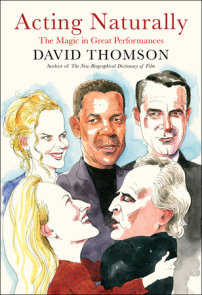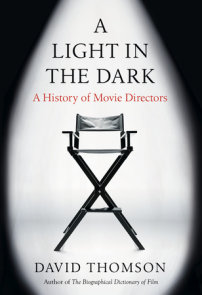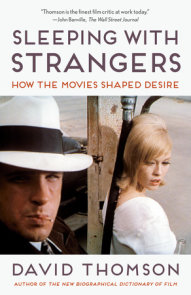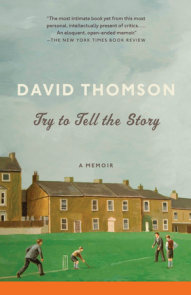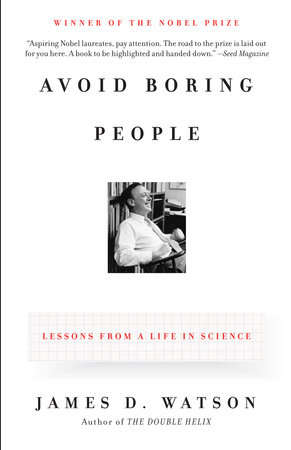Author Q&A
A Conversation with
David Thomson
author of
THE NEW BIOGRAPHICAL DICTIONARY
OF FILM
Q: In an earlier edition you said you hoped people would see this book not as a freight train of facts, but more the “sort of train in which Cary Grant might wander until being taken in by Eva Marie Saint—with corridors and compartments, a vehicle on the move with its own inner life.” Do you still feel that way about the book?
A: That still puts it as well as I can—I hope it’s a seductive book: once you’re in, it’s hard to get out. I wanted it to be a book to read—not just somewhere where you look stuff up. One thing leads to another. And I hope that the style takes you over, leads you on. A bedside book. A browsing book. A book that works like a conversation, egging you on, drawing you into your own opinions.
Q: Has anyone ever taken you to task for one of your “personal, opinionated and obsessive” views of some film icon?
A: Yes, sometimes, and valuably so by people who’ve argued their case.
Q: Do you have a favorite line from a film, or line and comeback?
A: A lot of Hawks’ lines run through my head—all the talk between Bogart and Bacall. Charlie Kane remaking the front page one more time. Cary Grant in To Catch a Thief, offered a leg or a breast (by Grace Kelly): “You decide.”
Q: What made you decide to become a film critic?
A: I have never “decided” to become a film critic. In fact, I have only been “a film critic” (i.e. a regular reviewer of new films) for short times in my life—at the Boston Real Paper in the ‘70s, at California magazine in the ‘80s. I don’t really like reviewing, and I don’t think I’m suited to it. Although I don’t feel the decision was ever made, I think I’m a writer whose natural subject is film and all the ways it affects us. Thus I like looking at careers, at the history of film, the sociology, what it has done to the world—questions like that. And I love all the ways—and all the new ways—that come along for writing about film. So I did a novel, Suspects, that is also a kind of commentary on film noir, and a star biography, Warren Beatty and Desert Eyes, that is probably more a novel. The Dictionary, for me, is a new genre of book—the fusion of a work of reference with a kind of odd autobiography on my years at the movies.
Q: Having grown up in England, how did you come to live in the US?
A: Because I was asked to teach film—first at New England College, in Henniker, New Hampshire, and then at Dartmouth, in Hanover, New Hampshire. That made the bridge. But, more important, I found a country where I wanted to live, a place that had always excited my imagination and which has never really disappointed me in practice. Comments that refer just as accurately to my wife, Lucy—an American.
Q: The task of writing a biographical dictionary of film is monumental. When this was still just an idea, were you daunted by the number of films and careers you’d have to take on? And where did you decide to draw the line?
A: The book just grew. On the first edition, done in the early ‘70s, I never really knew where I was going until I had got there—and also I was younger and more innocent. The updates, especially those to make the 3rd and 4th editions, were actually more daunting. Because now I know how crazy and demanding the venture is. Also, being older, my memory is not as good, so it’s slower going. As to where I draw the line, I do an instinctive interest test: does this person really grab me? If so, they’re in. If not. . . .
Q: How long did it take to create each edition?
A: The first edition took four years—of course I was doing some other things at the same time. Nowadays I find that there’s a year’s hard work in the update and new entries.
Q: Do you still feel that Cary Grant (Archie Leach) was “the best and most important actor in the history of the cinema”?
A: Yes, I still love and revere Cary Grant. But I think the underlying point has always been to say that there are actors who work in film because of their presence, not their theatre skills. So I have tried to stress the value of a few fascinating but hardly changing personalities—Mitchum, Stewart, Wayne, Bogart, Cagney, William Holden are of the same type, and today I like Jeff Bridges, Nick Nolte, and Morgan Freeman in the same way.
Q: In your entry for Bette Davis, you call All About Eve “the grandest cinematic expression of high theatre” ever and Bette herself (as Margo Channing), “a curdled cocktail.” Can you expand on this a little?
A: I mean that All About Eve is dealing with a wonderful love of theatre that is itself theatrical. The tone is hard-boiled and cynical, but these people really love what they do. As for Bette Davis, this is the point where the true beauty and sexpot of the ‘30s begins to go sour and crazy. You can feel the later Bette coming, but still see the kid.
Q: In your Acknowledgments, you play a wonderful game of asking old friends and new their three favorite films, and The Lady Eve and His Girl Friday pop up most often. What about those films, do you think, makes them so popular?
A: Well, I think The Lady Eve and His Girl Friday now look like highpoints of a very American genre—the high-paced, romantic screwball comedy—where people may behave like children and idiots, but reveal profound truths about adult human nature. Along the way those films are just so funny, so skilled, and so entertaining. And I think people respond to them because we’ve lost the art of grown-up comedy.
Q: This edition has 300 new entries, including several silent film stars and even Rin Tin Tin. But there’s also a great deal of updating done for those whose careers have grown in the last decade, such as Tom Hanks and Steven Spielberg. Did the work of these people in the last decade cause you to reassess your previous evaluation of them or did you find you were still on the mark?
A: Careers are very hard to follow these days—the business is so unstable. People can rise and fall fast. Thus, there’s a good deal of re-thinking with people like Julia Roberts and Nicole Kidman, say. Since the last issue, Roberts has become a true star—yet I’m not sure how long she’ll last. Whereas Kidman, it seems to me, is growing all the time. Even Steven Spielberg bears constant attention. Whatever you feel about him, he’s always experimenting, trying something new. Whereas George Lucas, I think, has grown older, sadder, and duller.
Q: Among your other books, you wrote a wonderful biography, Rosebud: The Life of Orson Welles. Is he one of your favorite directors?
A: Welles is one of my favorite people—not just directors. I don’t think I’ve ever worked on a more fascinating life: such talent, such charm, such potential—and yet so self-destructive, such a ruin, such a fall. Not that I get depressed with Welles. He was unconquerable—no matter how hard he tried. Yes, he is still the most important director in American film, still the most advanced and courageous. Still the greatest warning about Hollywood and what it can do to talent. He has had a profound influence on me in every way I can think of.
Q: Of the new filmmakers today, several in their early 30s, such as Paul Thomas Anderson (Boogie Nights, Magnolia), Chris Nolan (Memento), Wes Anderson (Rushmore, Royal Tenenbaums), M. Night Shyamalan (Sixth Sense, Signs), the Hughes Brothers (Menace II Society, From Hell), Kimberly Peirce (Boys Don’t Cry), and Sam Mendes (American Beauty, Road to Perdition), who are those whose work you admire or who intrigue you with what they might do next?
A: We need and have a lot of promise—because we chew it up. I’d pick Paul Thomas Anderson as the real talent. But there are many others, including those you mention and Alexander Payne—a few of them not even in this book. Next time?
Q: The jacket of your book is of a scene from To Have and Have Not showing Lauren Bacall leaning on a piano, while Hoagy Carmichael plays it and people look on. Why that particular image for the book?
A: With the 4th edition, my editor Bob Gottlieb and I thought why not a picture on the jacket? (We’re getting up-to-date.) I then wanted one image that somehow captured all the fun, the romance, and the atmosphere of movies. I looked at a lot of stills and this one really caught my eye—it was mid-century, golden age, it is a totally fabricated place (a Caribbean island filmed on the Warners lot), it is Bacall in her great debut, with an extraordinary exchanged glance with Hoagy Carmichael. It is also Howard Hawks, my favorite director. Once I had that picture, I had to write a Carmichael entry—and that entry really is the caption to the picture.
Q: In your opinion, were there advantages to the old studio system that MGM had, compared with the system today? And what do you think of the Indie film scene as it relates to Hollywood? Would you say that the two grow more similar?
A: The more time goes by, the more a lot of us admire the old studio system (despite its faults). People worked hard and steadily. There was an incredible level of craft skill, but the studios had the world as their audience and that gave them great confidence. Today, the huge audience has retreated and movie-making has lost its confidence. So everyone is struggling to find a new way to that old glory. We’ll never get back to the golden age, but that doesn’t mean we can’t make amazing pictures still. And I suspect that the medium is about to go through huge technological and business changes that will alter the potential of the art.
Q: Do you think the use of digital cameras, as seen recently in Full Frontal, will play a role in those changes, as basically anyone now can be their own filmmaker?
A: The change are so many, but one of them is that people are going to have a movie- making capacity of their own, and that changes the role of “professional” movies. Of course, in the end, the aim of digital is to look better than film (not the case in Full Frontal), and another fascinating tendency is towards perfect but un-lifelike imagery, imagery that uses electricity instead of light.
Q: What’s next for you?
A: I’d love to write a novel, a book about the England I grew up in, and a book about the wonderful, rich, comic clash between art and money in the mind of Hollywood.
FOR BOOKING INFORMATION, contact
Kathy Zuckerman, Deputy Director of Publicity and Promotion
212-572-2105 <kzuckerman@randomhouse.com>
Allison McGeehon, Publicity Assistant
212-572-2299 <amcgeehon@randomhouse.com>
